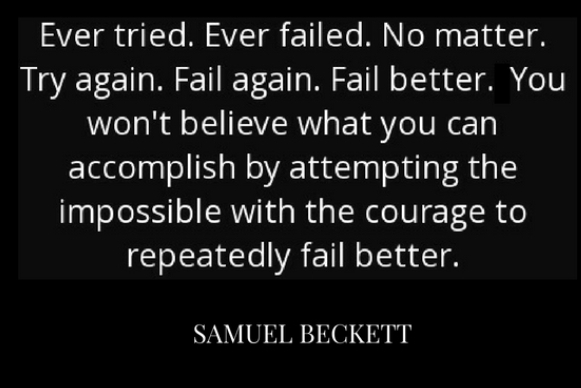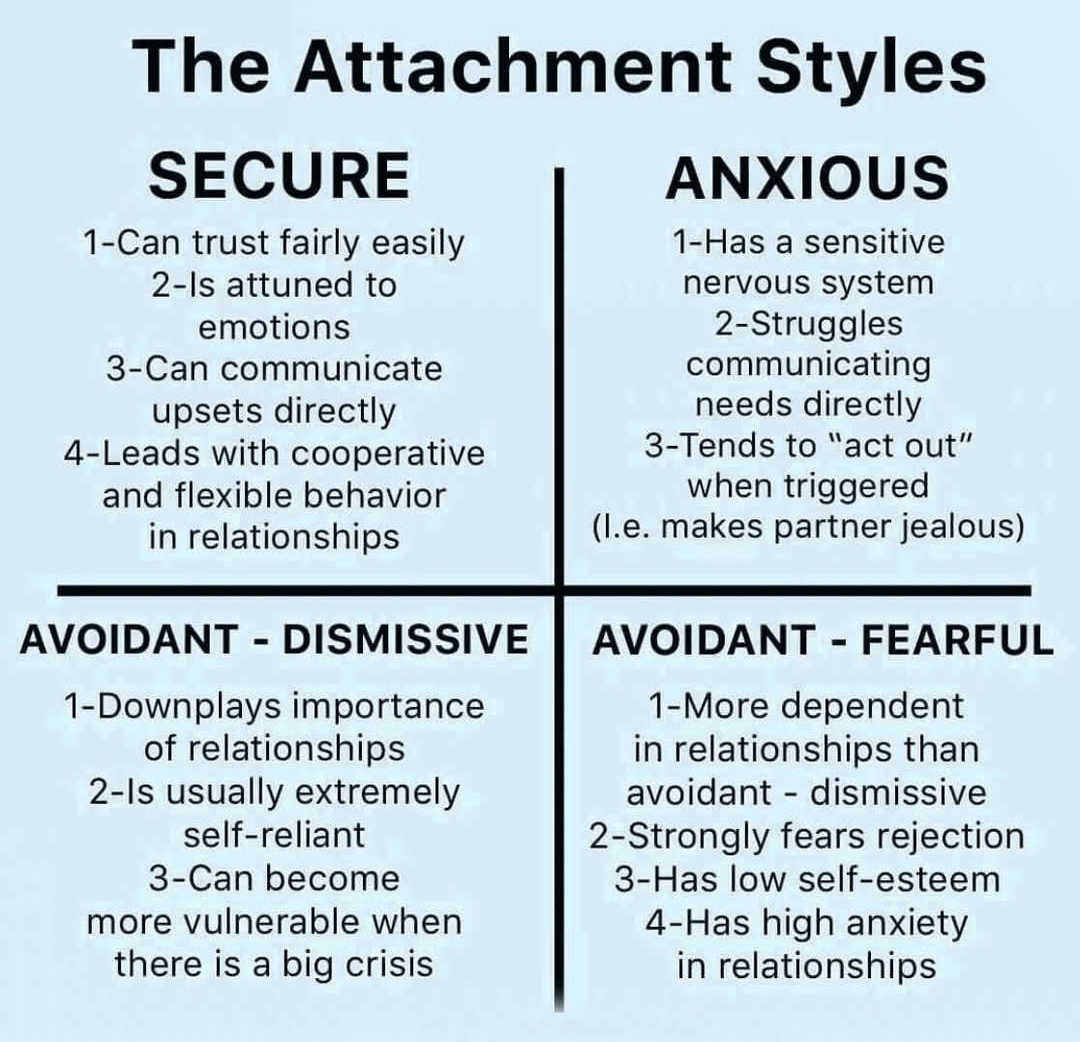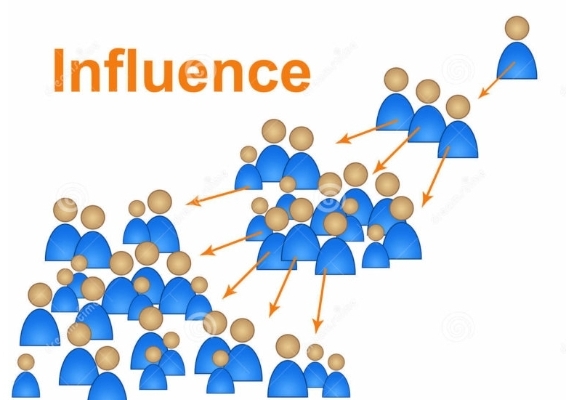Authors note: As a parent looking back through my own life and the process of parenting. I realized the importance of being raised to be secure in my attachment style. I want my own kids, nieces, nephews and society to be secure as well. We need to know what we are fighting for & fighting against. Our culture is unhealthy and is destructive. We need to be transitional characters in order to change ourselves and foster healthy growth, independence, and responsibility in our children. Dr. Paul’s Parental Power (Maturity and Control) framework is optimal for navigating the complexities of parenting in a way that promotes growth and maturity for both parents and children. As children grow into adulthood, they act with integrity, take responsibility for their actions, and engage positively in their communities. We need our children as much as they need us to grow-up.
Parental Power: What Every Parent Should Know About Control and Maturity by Dr. Paul Jenkins is a practical and insightful guide for parents looking to understand and manage the delicate balance of control, power, and maturity in their relationships with their children. Dr. Jenkins, a licensed psychologist and parenting expert, draws on his extensive experience to provide strategies that empower parents to foster healthy growth, independence, and responsibility in their children.
Key Concepts and Themes
Control vs. Influence
- Control: Dr. Jenkins explains that parents often confuse control with influence. While control involves direct management of a child’s actions (e.g., setting rules), influence is about guiding their internal values and decision-making processes.
- Effective parenting shifts from control (necessary in early childhood) to influence as the child matures.
Maturity and Development
- Children’s maturity levels dictate the amount of control or freedom parents should provide.
- Dr. Jenkins emphasizes that understanding developmental stages is key to knowing when to let go and when to step in.
Parental Power
- Parental power comes from consistency, modeling positive behavior, and setting clear boundaries rather than authoritarian dominance.
- Jenkins defines “power” not as control over a child but as the ability to guide them toward healthy, independent adulthood.
The Paradox of Control
- The more parents try to control every aspect of their child’s life, the less influence they have in the long run.
- Allowing children to experience natural consequences helps them learn accountability and fosters maturity.
Connection and Relationship
- Building strong emotional connections with children is central to maintaining influence.
- Jenkins stresses that a positive parent-child relationship is built on trust, respect, and open communication.
Strategies and Tools for Parents
Focus on What You Can Control
- Parents cannot control their child’s feelings, thoughts, or choices. They can only control their own responses and the environment they create.
- Emphasize calm, constructive reactions rather than emotional outbursts.
Establish Clear Expectations and Boundaries
- Clearly communicate rules and the reasons behind them.
- Consistency in enforcing boundaries builds trust and predictability.
Encourage Natural Consequences
- Let children face the natural outcomes of their decisions (when safe) to teach responsibility.
- For example, if a child forgets their homework, they face the consequence at school rather than having the parent rescue them.
Model Emotional Regulation
- Demonstrate how to handle stress, disappointment, and conflict healthily.
- Children learn more from what parents do than what they say.
Provide Autonomy Within Limits
- Offer age-appropriate choices to help children develop decision-making skills.
- For instance, let younger children choose their outfits, and allow older ones to manage their own schedules within set parameters.
The Role of Emotional Maturity in Parenting
- Dr. Jenkins discusses the importance of emotional maturity in parents themselves.
- Emotionally mature parents are better equipped to manage power struggles, maintain composure, and create a nurturing environment.
- Tools such as mindfulness, self-awareness, and self-care are emphasized.
Common Pitfalls and How to Avoid Them
Overparenting
- Hovering or micromanaging stunts a child’s growth and creates dependency.
- Solution: Step back and allow children to solve problems independently.
Inconsistent Discipline
- Mixed messages confuse children and undermine parental authority.
- Solution: Be firm and consistent with boundaries.
Neglecting the Relationship
- Overemphasis on rules without nurturing connection can lead to rebellion or disengagement.
- Solution: Invest time in meaningful interactions and show unconditional love.
Dr. Jenkins’ Approach to Parenting Dynamics
The Parent’s Role:
- Be a leader, not a dictator.
- Provide guidance and structure while encouraging exploration and independence.

The Child’s Role:
- Learn through experience, including failure (The Gift of Failure: How the Best Parents Learn to Let Go So Their Children Can Succeed).
- Gradually take on more responsibility for their actions and decisions.

Key Takeaways
Balance is Key
- Effective parenting involves a balance of control and freedom tailored to a child’s developmental stage.
Empowerment Over Authority
- Empowering children to make good decisions is more effective than enforcing obedience.
Long-Term Vision
- Parenting is about preparing children for adulthood, not just managing their behavior in the moment.
The Power of Connection
- Strong relationships amplify a parent’s ability to influence and guide.
Why This Information is Important
Dr. Paul Jenkins provides a practical framework for navigating the complexities of parenting in a way that promotes growth and maturity for both parents and children. The information serves as both a guide and a philosophy, encouraging parents to focus on their ultimate goal: raising capable, independent, and responsible adults.
Parental Power: What Every Parent Should Know About Control and Maturity by Dr. Paul Jenkins indirectly promotes the development of secure attachment through its principles of balanced parenting.

Secure attachment is a strong, trusting bond between parent and child that provides emotional stability and fosters independence. Dr. Jenkins’ guidance on using influence, maturity, and healthy power dynamics aligns with practices that cultivate this kind of attachment.
How the Information Encourages Secure Attachment
Prioritizing Connection Over Control
- Jenkins emphasizes the importance of building strong emotional connections with children.
- By fostering trust and open communication, parents create a safe environment where children feel understood and valued, key components of secure attachment.
Setting Consistent Boundaries with Love
- The information advocates for clear rules and consistent enforcement, balanced by warmth and empathy.
- Secure attachment thrives when children know what to expect and feel that their parents are reliable and fair.
Encouraging Autonomy Within Limits
- Dr. Jenkins advises parents to offer children age-appropriate freedom while maintaining supportive boundaries.
- This approach helps children develop confidence in their abilities while knowing they have a dependable safety net, a hallmark of secure attachment.
Modeling Emotional Regulation
- Jenkins underscores the importance of parents regulating their emotions to create a stable environment.
- When parents model calmness and empathy, children feel safe and learn to manage their own emotions effectively, strengthening attachment bonds.
Emphasizing Influence Over Authoritarian Control
- The information shifts the focus from dominating a child’s behavior to influencing their values and choices.
- This respectful approach shows children that their opinions and feelings matter, which is critical for secure attachment.
Fostering Mutual Respect
- By treating children with respect and acknowledging their individuality, parents promote trust and a sense of security.
- Securely attached children feel valued as individuals, not just as subjects of parental authority.
The Role of Parental Power in Secure Attachment
Dr. Jenkins reframes power as the ability to nurture and guide rather than control. This perspective directly supports secure attachment by creating a relationship dynamic where the child feels:
Safe: Clear boundaries and consistent parenting provide a sense of security.
Loved: Emotional availability and empathy from parents foster unconditional love.
Capable: Encouraging autonomy helps children believe in their abilities.
Respected: Acknowledging children’s feelings and thoughts validates their worth.
Practical Steps for Secure Attachment
Practice Active Listening: Make an effort to understand your child’s emotions and perspectives without judgment.
Balance Warmth and Structure: Show love and support while maintaining clear, consistent expectations.
Allow for Mistakes: Let children experience the consequences of their actions in a safe environment, teaching them resilience and responsibility (The Gift of Failure: How the Best Parents Learn to Let Go So Their Children Can Succeed)
Engage in Meaningful Interactions: Spend quality time together to strengthen emotional bonds.
Communicate Trust: Show your child that you believe in their ability to make good decisions while being available for guidance.

The Outcome: Secure and Independent Children
By following the principles outlined in Parental Power, parents are better equipped to create the conditions necessary for secure attachment. This strong foundation allows children to develop into emotionally resilient, independent, and confident individuals who can form healthy relationships in the future.
Dr. Jenkins’ emphasis on thoughtful, mature, and balanced parenting makes this information an excellent resource for fostering secure attachment and building strong family bonds.
This information demonstrates how secure attachment not only benefits individual children but also contributes to building a healthier culture and society as a whole.
How Secure Attachment Leads to Better Adults and Culture
Emotional Stability in Children
- Secure attachment develops when children feel consistently supported, understood, and guided by their parents.
- This emotional foundation helps children grow into adults who manage stress effectively, maintain healthy relationships, and exhibit empathy toward others.
Responsible and Resilient Adults
- Through the principles of structured yet empathetic parenting, Dr. Jenkins advocates for teaching children accountability and resilience.
- These skills translate into adulthood, leading to individuals who are better equipped to handle life’s challenges and contribute positively to society.
Fostering Empathy and Compassion
- Securely attached children are more likely to develop strong interpersonal skills, including empathy and effective communication.
- These traits are essential for fostering a culture of understanding, collaboration, and mutual respect.
The Role of Parents as Leaders
- Dr. Jenkins highlights the importance of parents modeling mature, emotionally regulated behavior.
- When parents act as role models, they set the stage for children to grow into adults who value integrity, self-control, and community.

Breaking Negative Cycles
- By promoting secure attachment, parents can break intergenerational cycles of dysfunction, neglect, or abuse (Being A Transitional Character Is A Profound And Courageous Role).
- This shift leads to healthier families and communities, creating a ripple effect of positive change.
Building a Better Culture Through Parenting
Stronger Family Bonds
- Secure attachment fosters unity and trust within families, which are the building blocks of a stable society.
Ethical and Responsible Citizenship
- Adults who experienced secure attachment as children are more likely to act with integrity, take responsibility for their actions, and engage positively in their communities.
Reduction in Social Issues
- Secure attachment can reduce the prevalence of mental health issues, substance abuse, and criminal behavior, creating a more harmonious culture.
Promotion of Core Values
- Dr. Jenkins’ approach emphasizes teaching values such as respect, kindness, and perseverance, which strengthen societal cohesion.
Practical Steps for Parents
Be Present and Consistent
- Show your child that you are reliable and available, creating a sense of safety and trust.
Set Clear Boundaries with Empathy
- Combine discipline with warmth to ensure children understand limits while feeling valued.
Model Healthy Relationships
- Demonstrate respect, communication, and compromise in your interactions with others.
Encourage Emotional Expression
- Teach children how to identify and manage their emotions, helping them develop emotional intelligence.
Invest in Family Time
- Regular quality time strengthens connections and reinforces family values.
Dr. Paul Jenkins’ principles in Parental Power align with the critical need for secure attachment in childhood. By fostering secure attachment, parents not only help their children thrive but also contribute to the development of a culture rooted in empathy, responsibility, and resilience. This process creates a lasting legacy of healthier families and communities.
- Politics Is Downstream From Culture
- In Our Current Culture: We Are “Drug Addicts”
- Hollywood Propaganda: How TV, Movies, and Music Shape Our Culture
- People Grow Up Internalizing the Culture They Are Born Into, Unaware of Subtle Manipulation & Corruption
- Combating The Internalization of Culture We Are Born Into
- Tyrants Weapons: Destroy History, Tradition, Family and Culture
- Culture War: Loyalists vs Revolutionaries
- Culture War: Loyalists vs Revolutionaries (Self-Anointed and Woke) (part 2)
- Culture War – What Values Have Been Taught To Our Children?
- Culture War – Are Women and Children Targets of Advertisers as the product?







